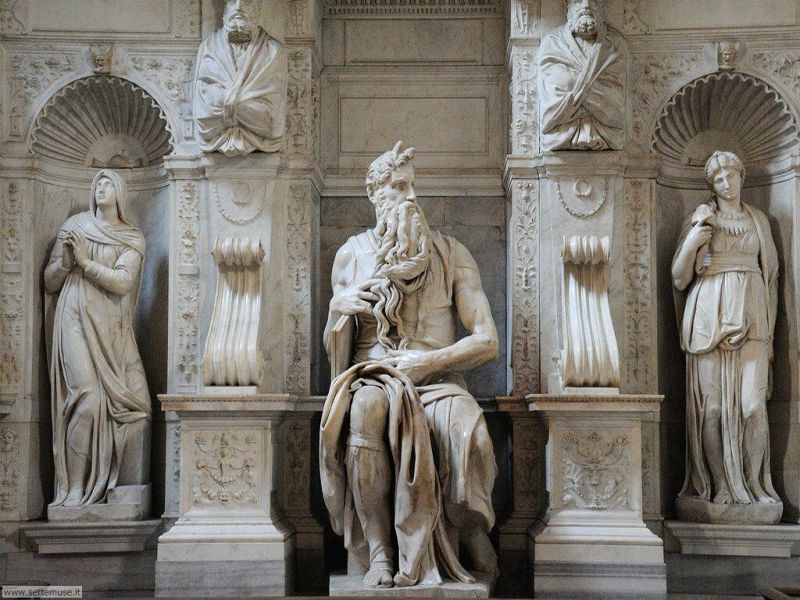
The Summun Bonum is the highest or supreme good. This supreme good should be, according to Immanuel Kant, the aim of the human nature of human beings, as opposed to the animal tendencies.
The Summun Bonum provides for the highest human dignity and for perfect contentment.
Humans can attain this goal through the perfection of virtue, which he defines as the unwavering adherence to the Categorical Imperative, as the fundamental rule of morality:
Act only according to that maxim whereby you can at the same time will that it should become a universal law.
However, Kant felt that for human beings this goal was unattainable. This is because of the strong sensual nature of human existence, that is, the strong attachment to desires.
The Categorial Imperative is derived from what Kant calls Pure Practical Reason, which is the human ability to determine the will independent of any desire. This contrasts with common practical reason that aims at the satisfaction of desires.
Pure Practical Reason functions through the Moral Law, through moral principles. It arises from the nature of consciousness, or what is called a priori understanding.
We always use pure practical reasoning with our moral decisions. For example, if you are deciding whether to deceive someone for personal benefit, you are always aware of the truth of lying. Pure practical reason deals in truth and justice, or what is commonly called the conscience.
The moral law also reveals freedom of consciousness, or the free-will. That is, despite your bias or life experience, you always decide whether to lie or tell the truth. As Kant explains in his work, The Critique of Pure Reason, the moral law and human free will reveal each other.
Just as a good athlete will want to be the best, so a good person will aspire to the Summum Bonum, as the ultimate good.
But why does Kant insist that it is not possible to achieve this in a human lifetime?
Kant felt that because people define their happiness so strongly with desires, the Summun Bonum would not be possible in the human condition.
However, the practice of Buddhism is specifically aimed at the liberation from desire, or Nibbana:
This is peace, this is exquisite — the resolution of all fabrications, the relinquishment of all acquisitions, the ending of craving; dispassion; cessation; Nibbana. (AN 3.32)
In other words, Nibbana and the Summun Bonum are the same realization. It is the realization of the Pure Awareness, the Unconditioned, or the consciousness not affected by the objects of consciousness.
This gives evidence that the Pure Awareness is not just a kind of transparency, but that it is intrinsically virtuous.
With the realization of Nibbana, the Summun Bonum becomes possible in a human lifetime.
